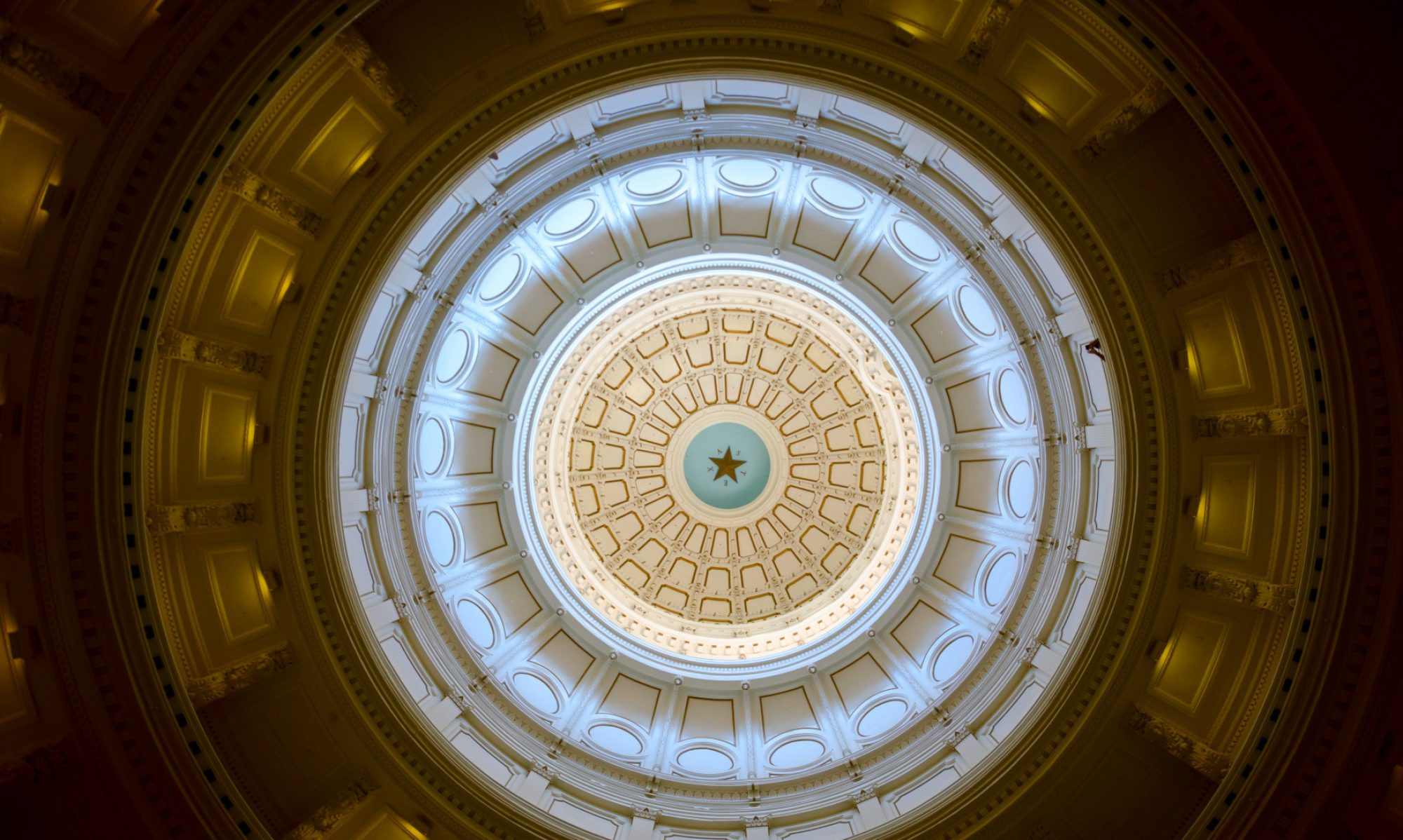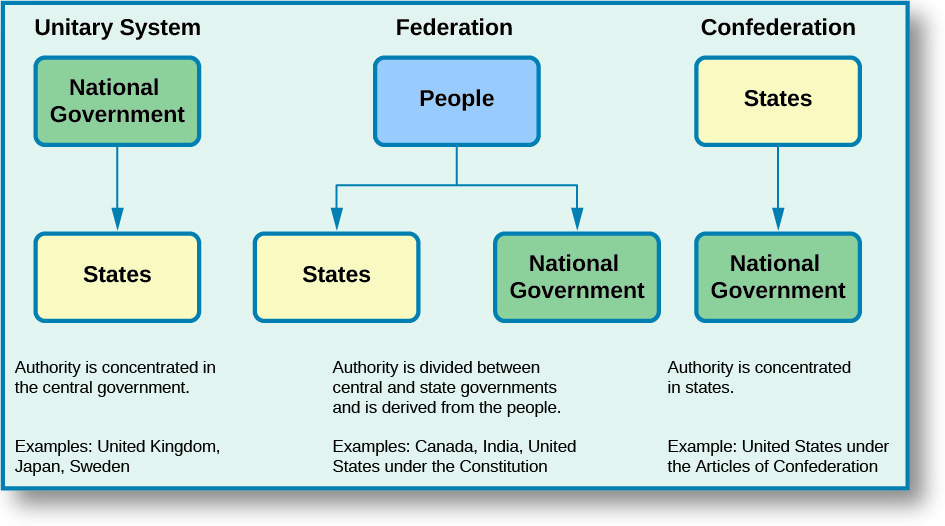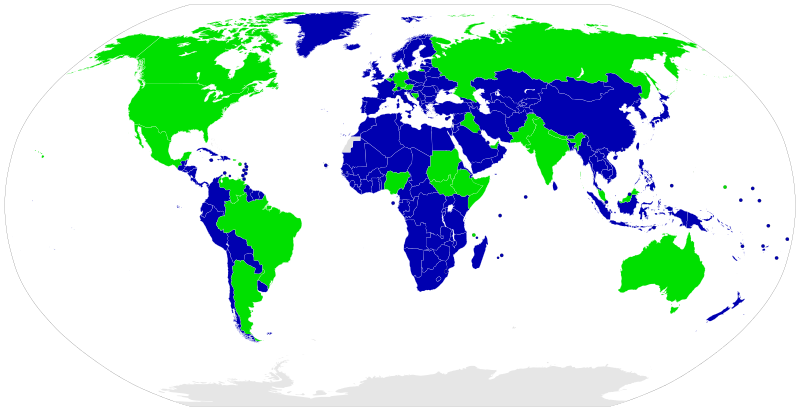Democracy is a form of government in which power is vested in the people. In a DIRECT DEMOCRACY, political decisions are made directly by the people. In an INDIRECT DEMOCRACY, the people select officials to represent them in the decision-making process.
Fundamental Principles of Democracy
All democratic governments, whether direct or indirect, are based on three fundamental principles:
- POPULAR SOVEREIGNTY, or the idea that citizens are the ultimate source of power;
- POLITICAL LIBERTY, or the idea that citizens are protected from government interference in the exercise of basic freedoms; and
- POLITICAL EQUALITY, or the idea that every person carries equal weight in the conduct of public businesses
While all democracies incorporate these principles into their structure and functions, not all democracies are structured and function the same way. For instance, two countries may have indirect democracies, but the specific institutions that are established within those indirect democracies may differ in terms of their structure, functions, and formal or informal rules concerning who may exercise power. They may also differ in terms of the economic system that they have (i.e., capitalism, regulated capitalism, socialism, or social democracy), which has implications concerning how much control the government has in terms of the economy and when the government feels it is appropriate to intervene in economic matters.
Theories of Democracy
Three theories that seek to explain how power is (or should be) exercised within a democratic government include:
- ELITE DEMOCRACY, which claims political power rests in the hands of a small, elite group of people
- PLURALIST DEMOCRACY, which claims political power rests in the hands of groups of people
- PARTICIPATORY DEMOCRACY, which claims power rests in the hands of people who engage in broad, active, and direct democratic participation in government, industry, education, and community affairs
These theories are not mutually exclusive; in most democratic governments, you will find elements that reflect two or more of these theories. Oftentimes, the way power is exercised within a democratic government can be explained by the TRADEOFFS PERSPECTIVE, which holds that government action and public policy is not controlled solely by the elite, or by groups of people, or by direct and broad participation of individual people but instead is influenced by an ongoing series of compromises between these actors.
Which theories are most prevalent in a government has implications concerning the rights, responsibilities, and obligations of citizens and the way in which these citizens can participate in civic life, gain and exercise power, and effectuate change.


